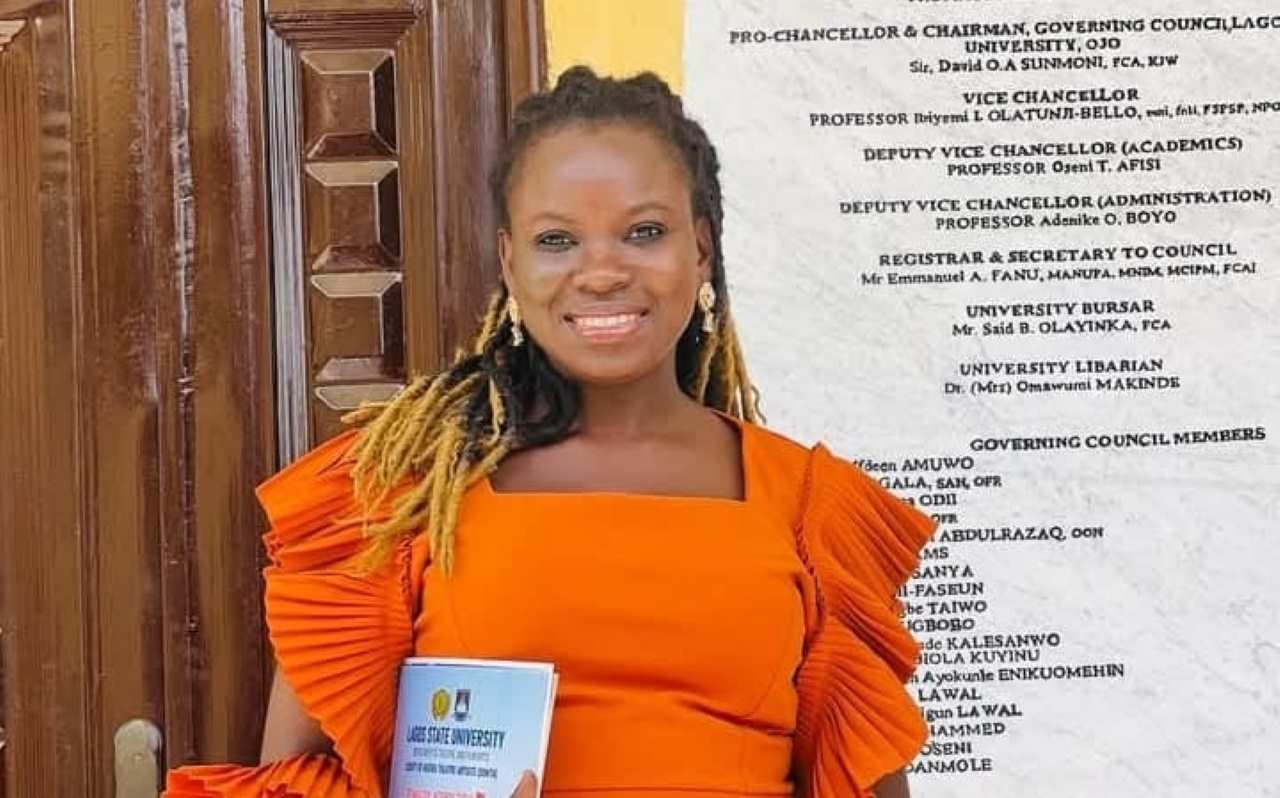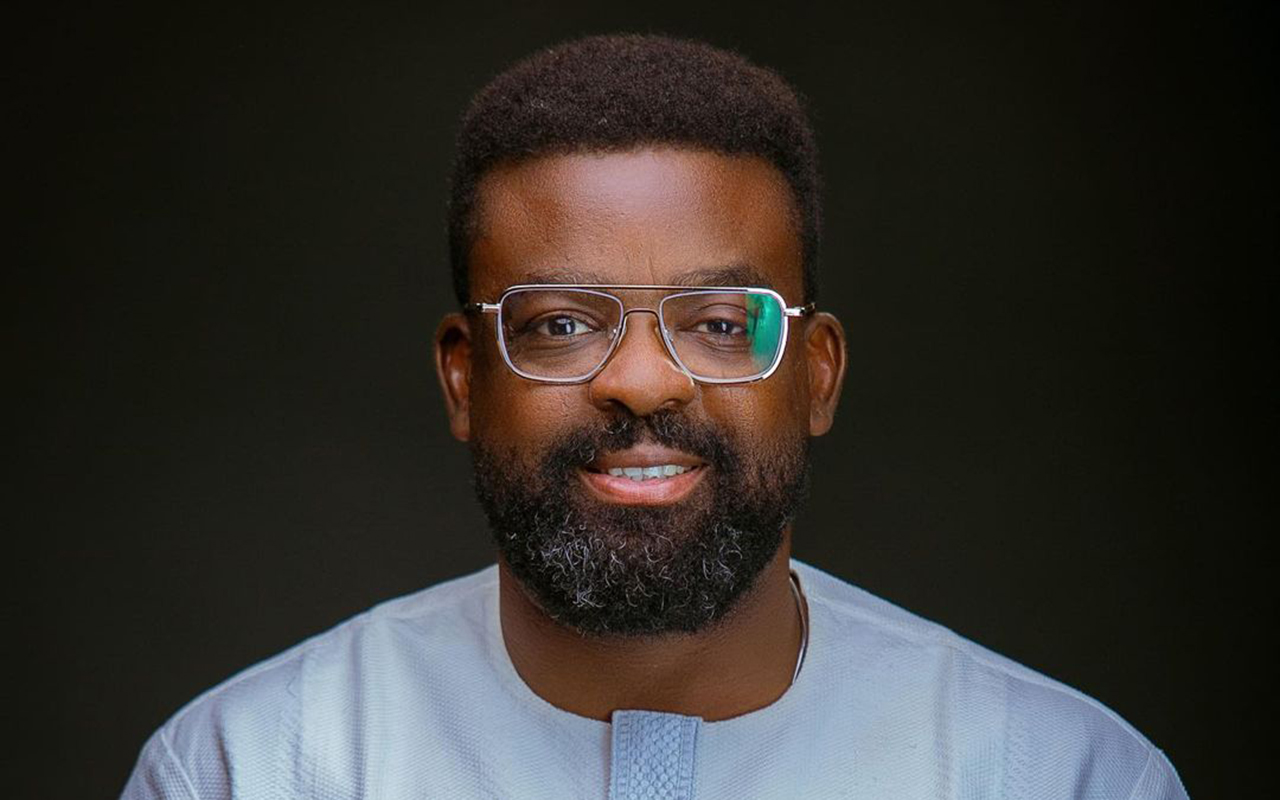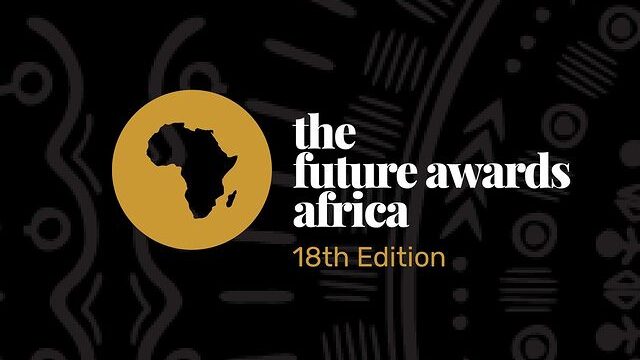From the analysis of thematic preoccupations, reality is reflected and from the illustrations of reality, thematic preoccupations are employed. Literature is unavoidably drawn from the situations of the society; there is more of faction in creative writing than the existence of complete fiction. If not, developed plots would not receive their chain of attention from the beginning till the middle and to the end eventually.
Chinua Achebe’s literary compositions are identified by extraordinary use of simple word choices. Girls at War and Other Stories was published latest in 2010 by The Anchor Canada. The book envelops twelve short stories that efficiently expose the realistic conditions and central ideas that defend the beyondness of the sub-genre, short story.
The purpose of spending reading time with creative works is not only to receive the pleasurable flow of aesthetics but also to consciously discover, understand and meaningfully transform ideas for personal and societal sanity. This essay emphasises its central purpose from the anchoring themes of these three stories: The Madman, The Voter and Girls at War. This entails solid paces for management of social reaction, selfless sustenance of communal identity and peculiar appropriation of gender inequality notions.
First, the management of social reaction has been satisfactorily advised in Achebe’s The Madman. “…madness may indeed sometimes depart but never with all its clamorous train (Achebe 2010:10), this authorial lines describe the perceptive notion of Nwibe being insane by villagers. This is as a result of Nwibe’s uncalculated reaction to a mad man who runs away with his wares while he bathes at the shallow stream. Human beings should take action with a sense of psychological literacy.
When both negative and positive actions are compared with philosophical competence, reaction and effect would be managed sensibly. Every reaction is social for actions are sprung from interactions of a society. The social structure of individuals or groups has been known to feature varying classes of persons who unknowingly mostly contribute quotas to the social system.
Hence, the identification of self-class is not the only mandatory social style; the ability to possess a tolerating approach with the portrayal of self-class is equally important. If not, reactions would be overdone and misunderstood by the revered class and other parties respectively. The dignity of a person is the resultant dignity that his or her society carried, Nwibe’s political aspiration is slapped by his poor mismanagement of reaction which he unconsciously projects while mediating between his wives.
Furthermore, Achebe’s The Voter reveals the tragic hope of a society with undecisive personalities as representatives. Rufus Okeke, the expert campaigning head of People’s Alliance Party divides his political choice for Honourable Marcus Ibe. “…good man, he is not like the mortar which as soon as food comes it way turns its back on the ground” (Achebe, 2010:13)- this informs readers of the selfless and appreciative advantages that Marcus characterizes even as a politician.
Rufus is not unaware of the favourable development that Marcus’ tenure brings; yet, he divides his choice even after he persuades the commoners to vote for later. Just for five pounds, he goes against the potential leader who has the society in heart. A society’s vision is either built or broken by individuals. Peculiar identities of persons are not only for self-worth but also for or against the society. The identity that every individual holds is not personal but rather communal since identities are demonstrated through actions and these actions unavoidably transform effects upon the society.
Oludare Praise quotes that- “it takes a whole lot of discipline, intentionality, self-control and emotional discipline with intelligence to consciously renew your mind, learning, attitude and personality.” “We are after your votes not gossip/What could a single vote cast in secret for Maduka take away from Marcus?…Nothing (Achebe 2010:16-17). There is a glaring contrast in what Maduka campaigners project and what Rufus assumes. The identity of a trusted man might change a thousand others when another man steals in and sees the secret choice of an assumptive successful assistant of a preferable leader.
Ultimately, Achebe’s Girls at War reawakens the peculiar appropriation of gender inequality assumptions. The patriarchal notions are mere assumptions that have whipped the society of humane contributive percentages: ethical philanthropy, human capital, mentorship, conflict resolution, sustainable initiatives, politics, communal safety, institutional appointments, family coordination, cultural preservation and many others are entirely gender-blind functions.
Competence and performance are all needed to distribute respective roles as social participants. All humans are led by societal norms and beliefs. Yet, it is a personal duty to agree to or negate them. Women are wrongly generalized to face sexual or social harassments on the journey of success; howbeit, it is a woman’s duty to fall in or fall out of sex for pursuits. If a man does not sleep with women to be great, why should a woman necessarily so do?
For instance, the drunk soldier at the party confesses that women are not participant slaves to compelled intimacies for they can build their worth expensively for permanent fulfillment of careers and not mere economic ends. “…girls who…all dolled up…what are they worth? …a head of stockfish…” Although, militant women were objectified by men and sexualised, victimisation turns worse or successful when women want to always choose the less hard way for temporary satisfaction.
Nwakwo and his friend admit this bitter truth about the weak style of women on the war of simply satisfying men against a promising future. In fact, Nwakwo refuses to take advantage of Gladys because he understands the philosophy of her dying dignity and sexual vulnerability. Even men who might be sexual opportunists admit the fadeless worth of a woman who is ambitious, socially responsible and sexually disciplined.
In unison, Achebe’s Girls at War and Other Stories embodies timeless ideological concerns from its narrative focus. The philosophical underpinnings of the stories are universal and universally relatable to human existence.
The occurrences are authentic and true to social morality and practicality. The essence of reaction management, identity sustenance and individual appropriation of gender inequality have enduring function to the sane judgement of social complexities.
The lessons of the Achebe’s plot flow are adaptable to contemporary contexts. The reality of thematic preoccupations rests on the presence of attentive readers, who can identify, nurture, reproduce and apply conceptual focuses at timely periods.
Profile
MISS RASHIDAT OLAMIDAYO AJAKAYE is the First-Class graduate of English Education who broke the barrier of First-Class in English Education after over forty years (2022/2023), Lagos State University, Ojo. She is an award-winning dynamic literary scholar, creative-academic writer and community developer.
She is the First Golden Star of CINAC Royal College, Ojo (2016). She is the founder of STRIDA Club, a family that has accommodated over ten countries. She has written over 1000 poems and featured both national and international anthologies. Her works span poetry, cultural criticism, Yoruba-English bilingual writing and academic research on modernity, indigenous identities and contemporary global discourse.
She is the author of Shattered Shadows of Youths, a reflective collection of short stories addressing the struggles and aspirations of the modern generation. She has worked with the Directorate of Academic Planning and Quality Assurance at Tai Solarin University of Education where she gained valuable experience in curriculum design, academic statistics, correspondence and accreditation processes.
Ajakaye is a philanthropic force marked with extreme passion for humanity, education and social sanity. She has also initiated the accommodation of poetry to the verifiability found in academic writing through in-text citation. Ajakaye embodies intellectual depth with creativity as she engages with themes of identity, gender and human experience.
She actively leads and contributes to projects that blend Literature, humanity, culture and education. Importantly, She is a genuine Lagosian from Ajakaye Royal Family, Awori, Ijagemo of Iba, Ojo. She also enjoys publishing writers across national boundaries via her website, Ajakayereaderscorner.ng






